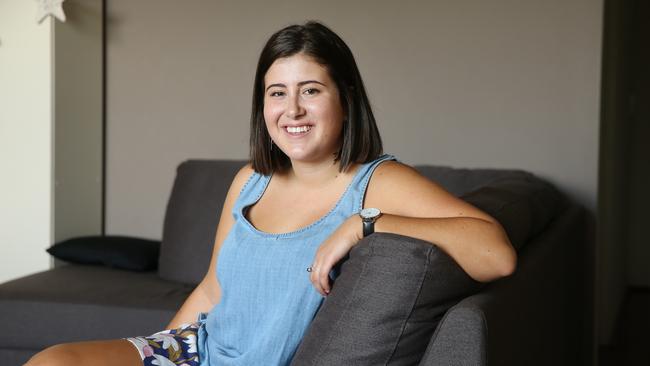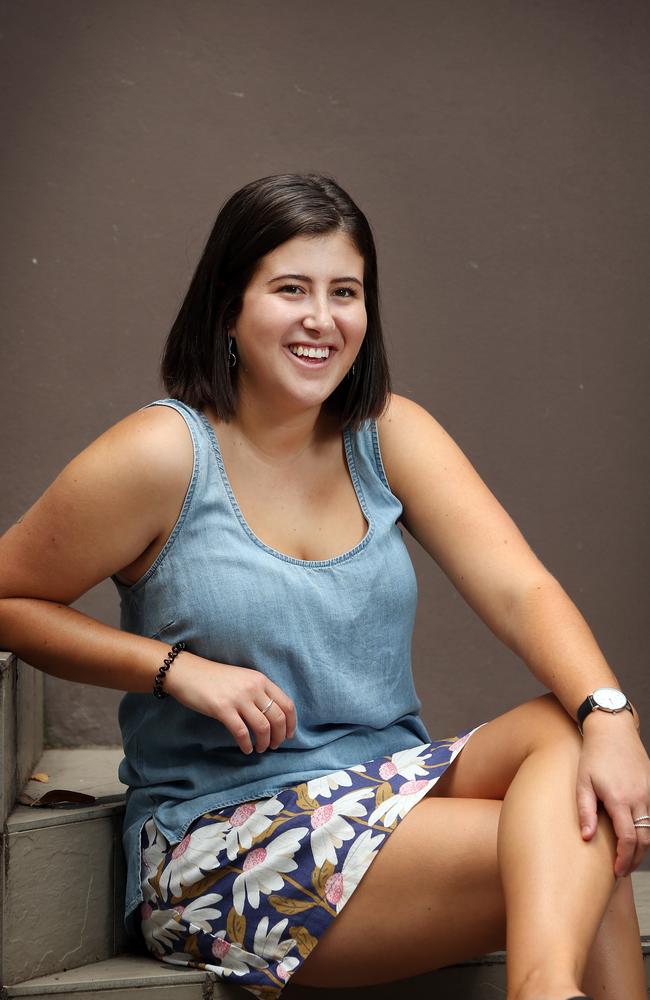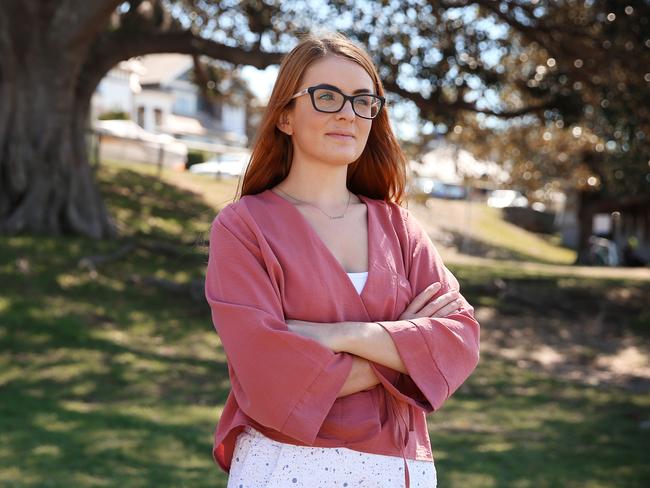Stressed workers switching jobs in search of dream career
FORGET the midlife angst: Australians aged around 25 are now facing the quarter-life crisis with “unprecedented levels of anxiety” because of the importance placed on finding a “dream career” and living up to workaholic friends.

NSW
Don't miss out on the headlines from NSW. Followed categories will be added to My News.
FORGET the mid-life angst. Australians aged around 25 are now facing the quarter-life crisis with “unprecedented levels of anxiety” because of the importance placed on finding a “dream career” and living up to workaholic friends.
A generation brought up believing “anything is possible” has now resulted in large numbers of young Sydneysiders simply being overwhelmed by “too many choices” — with 37 per cent having already changed their career entirely by the age of just 25.
One in four have already had to have a “career break” by that age too.

And as work becomes the most important part of a person’s identity — as opposed to family, hobbies or simply enjoying life — new research reveals half of people aged 25-33 feel anxious when comparing themselves to more successful friends.
According to a report to be released today by LinkedIn, two-thirds of this age group worry about finding a job that they are passionate about and 29 per cent feel they have wasted time working in the wrong job.
“This enormous career-related anxiety stems from uncertainty, too much choice, FOMO (fear of missing out) and a strong sense of wanderlust,” LinkedIn’s senior director of Learning and Talent Solutions for Asia-Pacific Jason Laufer said.
“Marry up all the stats and millenials are overwhelmed about making the right choice and achieving the dream career,” he said.
However, another major pitfall of the constant job shifting is that many workers in the age bracket effectively end up constantly going back to square one on their career paths and getting further away from real progression in the workplace.
Social Demographer Mark McCrindle said Australia’s young workforce had become “passive job seekers” — with the proliferation of opportunities available through social media or even freelancer sites like AirTasker meaning they were presented with opportunities even when they weren’t really looking.
“This is a generation that are moving voluntarily. Millennials are not changing jobs because they have a compelling reason to leave, they’re changing jobs because they don’t have a compelling reason to stay,” he said.
“The rise of digital job-hunting tools has also created a transient workforce. It’s never been easier to find out what jobs are available and what you could be earning elsewhere.”
Social researcher Claire Madden said millennials were “approaching work with a totally different perspective to their older counterparts”.
Compared to the drivers of survival and job security and the eventual promise of a lifelong career progression, the STABO (subject to a better offer) generation has had their fundamental needs provided for them on a silver platter.
“There absolutely can be a sense of entitlement among the younger generations because they don’t realise the cost that older generations have paid for what they have then grown up with,” she said.

Ms Madden believes that millennials need to be aware of what they are given, and learn to be resilient and build on that.
“It’s important that they realise that they have been given an opportunity, but they need to actually steward that opportunity to make the most of it rather than dealing with it flippantly and brushing it off.”
Maddi Ventura said most young Sydneysiders felt that career changes were “basically inevitable”.
Other stories
►How to be ready when anxiety attacks
►Sarah Duffy: What it’s really like to have anxiety
►Year 7 students suffering high school anxiety need help
The 23-year-old recently quit her gig at a Sydney-based advertising agency and is working in hospitality while she figures out her next move.
“The social aspect of advertising was amazing. I just struggled with the long hours and needed a higher salary,” she said.
“There’s a lot of pressure on young people to find a job that makes us truly happy. So when you feel a little bit stressed or overwhelmed at work you start to rethink things.
“It’s hard to narrow it down to one single job or industry to pursue. Especially because there’s a real sense that career changes are basically inevitable.”
Ms Ventura said social media definitely meant FOMO had become a career factor: “It’s easy to feel jealous when friends post about their ‘perfect’ jobs.”
CALLING TIME ON DULL DUTY
After Emma Walker’s partner was diagnosed with cancer they made a pact to escape any situation that made them unhappy.
With this in mind she quit the traditional workforce to carve out a new career path — and now runs a successful business.

Ms Walker migrated to Australia six years ago with Kris to escape her dreary marketing job in Wales. But after four months Kris, now 32, was diagnosed with Hodgkin’s lymphoma — forcing the couple back to the UK to again take stock of their careers.
“We made a promise to ourselves that life was way too short ... you can’t spend five or 10 years of your life unhappy in a job,” she said.
Once the couple was back in Sydney Ms Walker, now 30, found herself again in an unfulfilling job.
It was then that she found the courage to go it alone and set up her outdoor adventure business for women, She Went Wild.
With business booming, she has no regrets her “quarter-life crisis” reshaped her career and urged others to follow.
“Just go for it. Just break into it by starting it on social media.”


